O, had I but followed the arts!
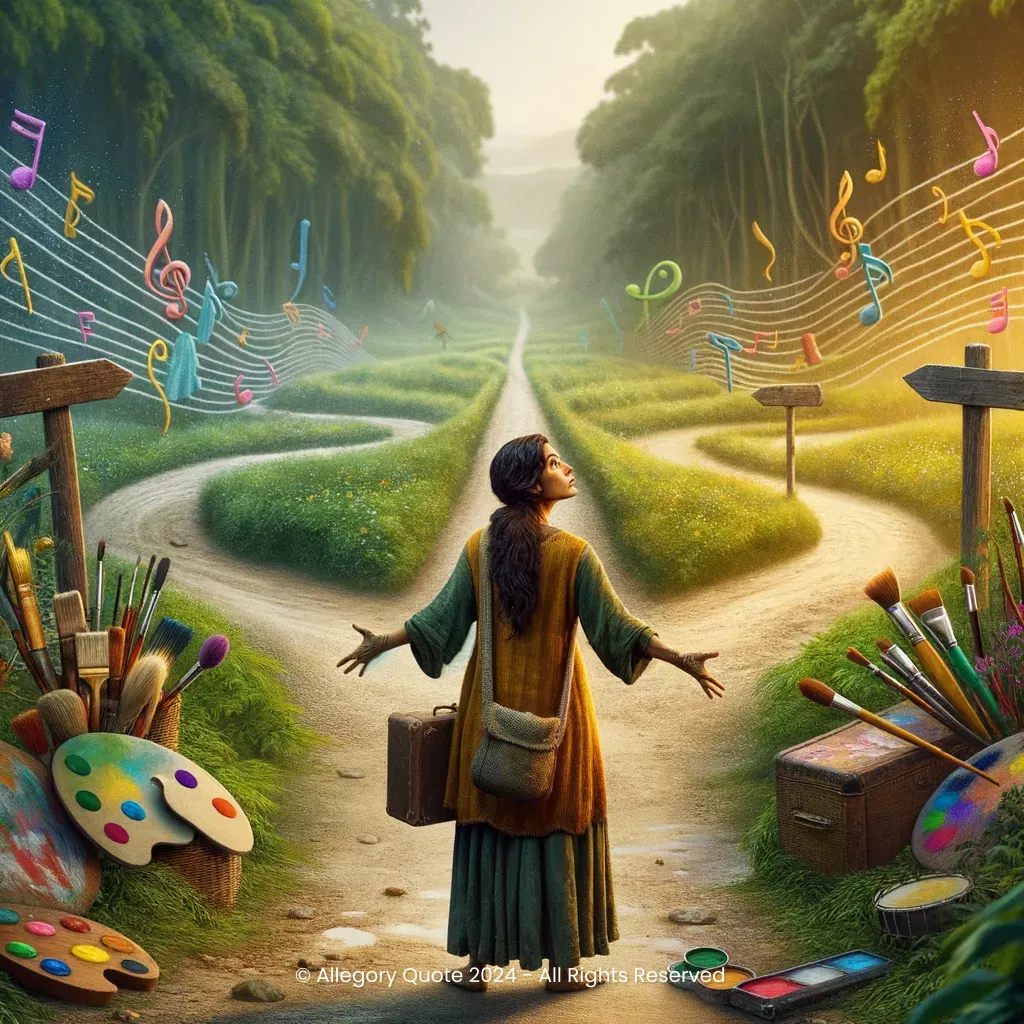
0
0
0
0
- Meaning
- The phrase expresses a deep sense of regret for not having pursued a career or life in the arts. It encapsulates the human experience of reflection and the wistful feeling of wondering how different one's life might have been if different choices had been made. It also highlights the allure and value of the arts, implying that they represent a higher, perhaps more fulfilling vocation.
- Allegory
- This image represents the core idea of Shakespeare's phrase: the deep-seated regret for not pursuing a passion. The crossroads symbolize life’s pivotal choices, while the vibrant, art-laden path signifies the allure and fulfillment of a life dedicated to creativity and expression. The worn attire and rugged path represent the often practical but laborious choices many make. The person's longing and regretful expression serve as a powerful visual metaphor for the wistfulness attached to the road not taken, encouraging viewers to reflect on their own life choices and passions.
- Applicability
- On a personal level, this phrase can remind individuals to consider their passions and interests deeply when making important life decisions. It encourages people to reflect on their true desires and not disregard the arts or creative pursuits in favor of more conventional paths if those are what truly stir their soul. It can serve as a gentle nudge to follow one's dreams and passions before it's too late to do so without regret.
- Impact
- This phrase has contributed to the broader appreciation and introspection regarding the role of the arts in human life. It has been cited in discussions concerning career choices, the value of creative expression, and the perennial human conflict between pragmatic choices and passion-driven pursuits. It highlights the timeless nature of Shakespeare's work in reflecting human emotions and experiences that resonate across centuries.
- Historical Context
- "Twelfth Night" was written around 1601-1602 during the Renaissance period, a time when the arts, including literature, music, and visual arts, were experiencing a notable resurgence. There was an increasing recognition of the importance of the arts in contributing to society's cultural and intellectual growth.
- Criticisms
- As with many statements of regret, some may argue that the importance of personal and practical realities can't be understated. Critics might say that pursuing the arts is often impractical and can underscore personal irresponsibility, especially if it doesn't provide a stable livelihood. Others might argue that such a lamentation can perpetuate an idealized view of the arts, which may overlook the hard work and potential hardships involved in artistic careers.
- Variations
- There are several variations of expressing regret over not pursuing the arts in different cultures. The Japanese phrase "芸術を志そうとすれば" (geijutsu o kokorozaso to sureba) translates to "If only I had pursued the arts," emphasizing the universal nature of this kind of reflection.
-

The empty vessel makes the loudest sound.
-

A friend should bear his friend's infirmities, but Brutus makes mine greater than they are.
-
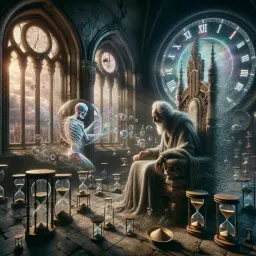
I wasted time, and now doth time waste me.
-

What's done cannot be undone.
-
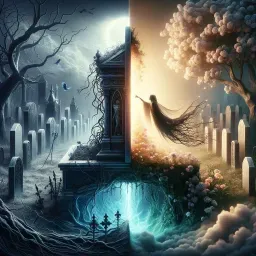
The evil that men do lives after them; the good is oft interred with their bones.
-

I bear a charmed life.
-
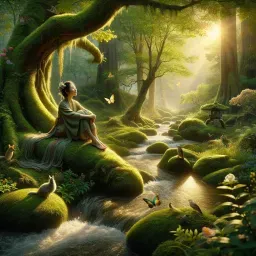
I like this place and could willingly waste my time in it.
-

O brave new world, that has such people in't!
-
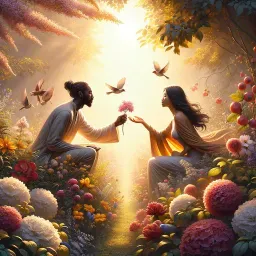
They do not love that do not show their love.
-
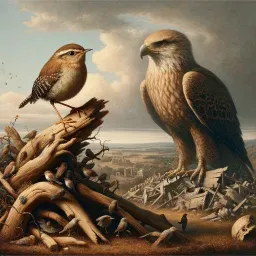
The world is grown so bad, that wrens make prey where eagles dare not perch.
-
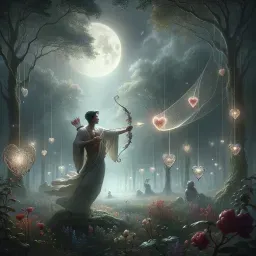
Some Cupid kills with arrows, some with traps.
-

But, for my own part, it was Greek to me.
No Comments